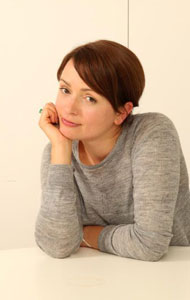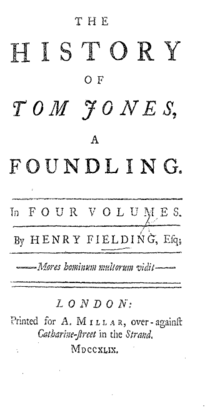
This is the first book in my "Pride Prejudice and Pastiches" reading challenge. It tells the story of Sarah, a maid in the Bennet household. It's a curious premise, like viewing Hogwarts through the eyes of the House Elves.
I've only just begun it and I'm not sure yet if it will work and whether the concept is strong enough to thrive over thirteen hours of narration.
So far, it's strength lies in sharing all the details of life at Longbourn that, even if Jane Austen had been interested in the servants, she might have passed over because they are details that anyone living at the time would have taken for granted. It's a little like reading a Docudrama version of the first part of "A Social History of the English Working Classes, 1815 - 1945".
It reminds me of facets of my childhood that already seem so archaic that I wonder if I dreamed them: waking to a cold house and watching my mother clean out the grate and set a fire while we were both still half wrapped in sleep, seeing people with chilblains on their fingers, the use of chamber pots in my grandparents' house.
It also tells me of things I've imagined but never experienced: the isolation of a house in the country, the absence of manmade sounds, the bright darkness of night sky free of light pollution.
I think what will make or break the book is Sarah, the housemaid. She's been raised at Longbourn, She reads books from Mr Bennet's library. She works. And all her days are the same. She hungers for change but, when it arrives at Longbourn, in the person of a new, half-starved male servant with an unknown past, she finds herself resenting it. So far, I like Sarah. I can see myself becoming invested in her and the book.
 I went to Jo Baker's site to understand what kind of person writes a book like this, with their imagination filtered through the lenses of classic literature and English social history. I loved her story of how she came to write. She studied English at Oxford which:
I went to Jo Baker's site to understand what kind of person writes a book like this, with their imagination filtered through the lenses of classic literature and English social history. I loved her story of how she came to write. She studied English at Oxford which:
"knocked the creativity out of me entirely. Literature started to seem like a graveyard full of monuments to dead great men. After Oxford, writing no longer seemed like something I could do. Not being great, or dead. Or a man."
She started to write while studying in Belfast where
"the ceasefire had just come into being, and with that came a massive release of pressure: the city was buzzing with life and energy. And it also seemed to be teeming with writers. You saw novelists in the street, poets at the cinema. You bumped into playwrights in the pub.
Getting to meet writers, getting to know writers, I saw - duh - that writing was something done by real live men and women. And I was a real live woman, so it was at least possible that it could be done by me."
 "Longbourn" is narrated by Emma Fielding. She has the perfect voice for this: it summons up the period and makes the text live. That makes all the difference.
"Longbourn" is narrated by Emma Fielding. She has the perfect voice for this: it summons up the period and makes the text live. That makes all the difference.


 We left off last week with the promise to meet
We left off last week with the promise to meet
 Log in with Facebook
Log in with Facebook 

 I went to
I went to  "Longbourn" is narrated by
"Longbourn" is narrated by 




